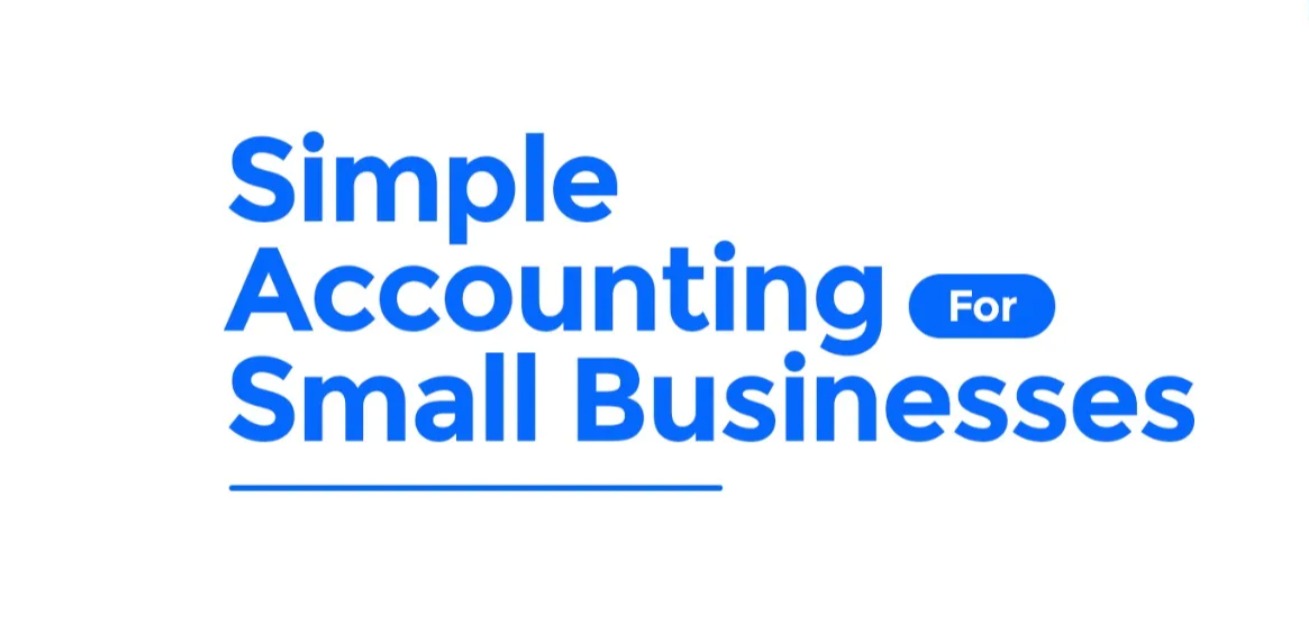On Tuesday, Nigerians received a message so dramatic, it could have been a prophecy straight from the pulpit.
A member of staff at Sterling Bank took it upon herself to spread the “gospel” of free transfers, as though divine intervention had finally struck the banking sector.
“BREAKING NEWS!!! MY PEOPLE PLEASE READ THIS NOW!!!” she wrote, before launching into a spirited revelation that Sterling Bank has CANCELLED TRANSFER FEES!!!
The message, a cross between a Nollywood script and a WhatsApp chain message, was peppered with urgent calls to action—open an account now, tag your bank, forward to 20 people before they “delete” it. Even the disclaimer was dramatic: “They will say it’s ‘April Fool’ but CHECK YOUR APP!!”
And just like that, Sterling Bank placed itself as a saviour of the Nigerian banking system—offering what no other bank has ever: free transfers, zero interbank fees, and even free ATM card issuance.
But let’s take a step back. Is this really an act of generosity, or is Sterling Bank simply playing catch-up after months of losing customers?
From Migration Issues to Damage Control
The timing of this campaign is hardly coincidental. It comes after a challenging year for Sterling Bank, with a massive migration to a new core banking system, SeaBaaS—Africa’s first indigenous core banking platform, developed by Peerless.
In August 2024, Sterling Bank informed customers of its plan to transition, and by September, the migration was complete. But instead of ushering in seamless banking, the process left customers stranded. For two weeks, the system disruptions meant no transactions, no transfers, and in some cases, no access to funds.
Businesses suffered. Individuals panicked. Some customers, understandably, packed their bags and took their money elsewhere.
Sterling Bank, which previously had around three million customers, lost a number during this migration. But the reputational damage was obvious. If trust in a bank is its currency, Sterling’s reserves took a serious hit.
By the time Sterling Bank resolved the issue in late September, the damage was already done. Many customers had closed their accounts and moved to competitors.
So, what do you do when you’ve lost a chunk of your customer base? You offer them freebies and hope they return.
Free Transfers?
In response, Sterling Bank’s No Transfer Fee campaign seems like a brilliant recovery strategy. Banking fees—especially hidden charges—are one of Nigerians’ biggest financial headaches.
In Nigeria, economic hardship is squeezing every naira, and a bank promising zero charges could attract frustrated customers from other institutions.
To kick off the initiative, the bank has stated that the free transfer policy officially began on April 1, 2025. Customers who were charged between 12:00 am and 8:00 am on that day will receive a full refund.
Obinna Ukachukwu, Sterling Bank’s growth executive in charge of Consumer and Business Banking, stressed that the initiative is aimed at providing fair and inclusive banking.
“We believe access to your own money shouldn’t come with a penalty. This is more than a financial decision, it’s a values-based one. It reflects our commitment to making banking fair, inclusive, and truly customer focused,” Ukachukwu stated.
But is Sterling truly offering something for nothing?
History shows otherwise. Nigerian banks have a habit of introducing “free” services only to quietly reinstate charges later. In December 2012, several banks promised zero ATM withdrawal fees—only to reverse the decision within months. Even fintechs like Opay and PalmPay initially offered free transfers, but later introduced fees.
So the real question is How long will Sterling keep this up?
Here are three possible scenarios:
- Short-Term Gain, Long-Term Reversal:
- Sterling gets a wave of new account openings.
- In a few months, the bank introduces “maintenance fees” or finds another way to recover lost revenue.
- Ripple Effect Across the Industry:
- If customers start leaving other banks for Sterling, competitors might be forced to follow suit.
- This could lead to a brief period of lower banking fees across the industry—before banks find a way to sneak charges back in.
- Genuine Shift in Strategy:
- If Sterling truly commits to this model, it could disrupt traditional banking.
- Other banks may be pressured to find new revenue streams instead of relying on transfer fees.
But that’s a big if.
How Are Customers Reacting?
The response so far has been mixed. While some Nigerians are commending Sterling’s move, others are in doubt:
“Wow! Sterling Bank is starting a revolution. This is nice.”
Another posted:
“Well because this is coming today 1st April I’m just going to watch out for your customer’s comments on transfer charges and see how true this is before I join your bank else I remain where I dey.”
Even financial experts are questioning the endgame. One who preferred to remain anonymous, told us:
“This is a temporary solution to a long-term trust problem. If Sterling Bank cannot guarantee stable digital banking services, no amount of free transfers will keep customers loyal.”
Can Sterling Bank Rebuild Trust?
Sterling’s migration to SeaBaaS aimed to set the bank apart in innovation. Instead, it highlighted the risks of poor execution. Now, with this No Transfer Fee campaign, the bank is trying to amend the situation.
But free transfers alone won’t fix a broken reputation.
What Sterling really needs to do is:
- Prove System Stability: Customers need assurance that another major system failure won’t happen.
- Be Transparent: If there’s a time limit on this free transfer offer, they should say so upfront.
- Rebuild Customer Confidence: Offering compensation to those affected could go a long way.
For now, Nigerians will enjoy the honeymoon phase—free transfers, zero fees, and Sterling’s new-found customer-friendly image. Hopefully, this will last.
That’s the real test.
The bank’s transition to SeaBaaS is meant to bring faster transactions, improved security, and better financial products. While these improvements are rolling out in phases, customers will need more than free transfers to regain confidence.
For now, Sterling Bank is fighting to stay relevant. Whether Nigerians will buy into the redemption story is another matter entirely.
The post Exclusive: Sterling Bank Battles to Retain Customers with ‘Free Transfer’ Campaign appeared first on Tech | Business | Economy.

.png) 20 hours ago
1
20 hours ago
1




.png)








 English (US) ·
English (US) ·